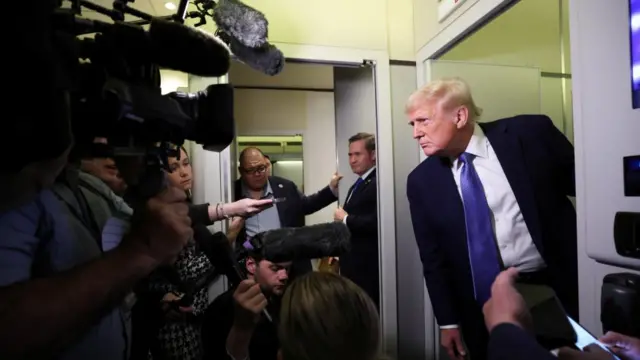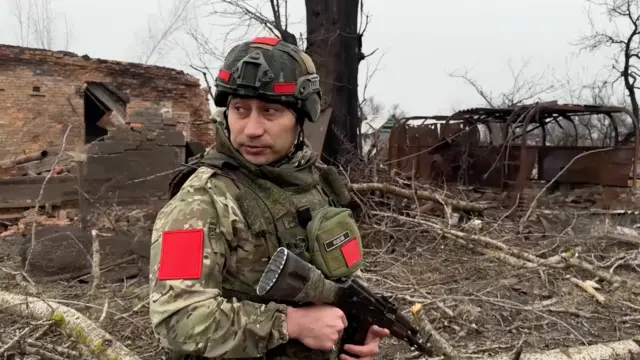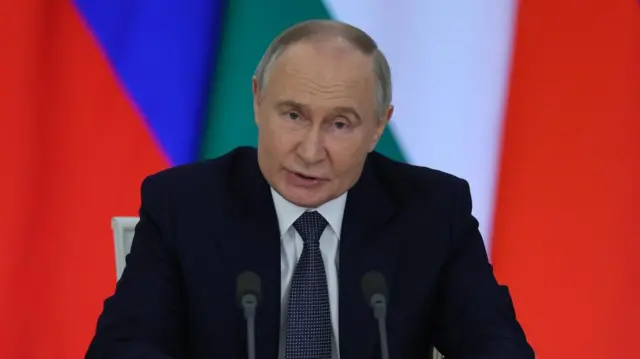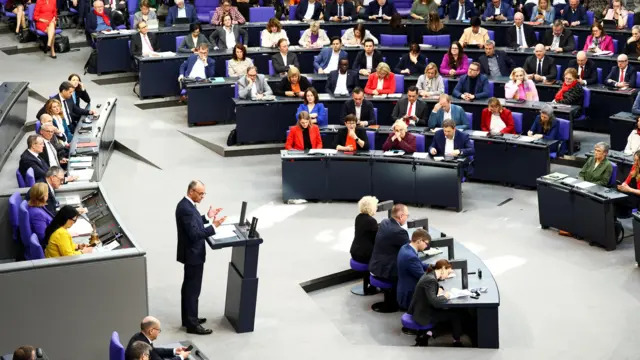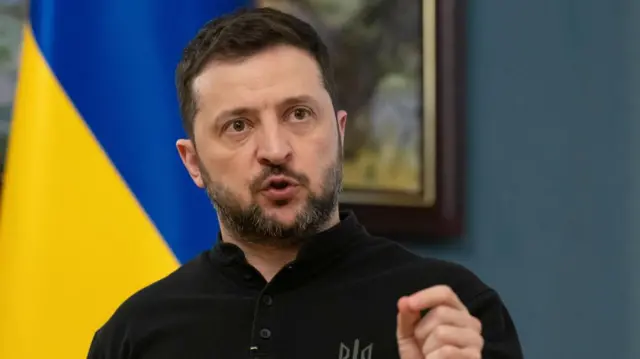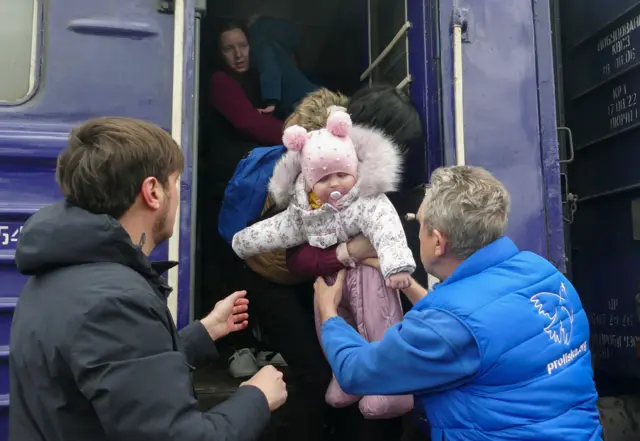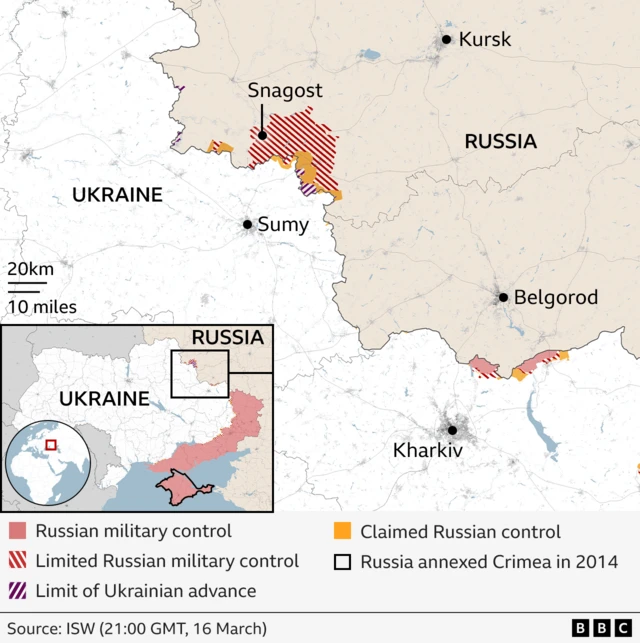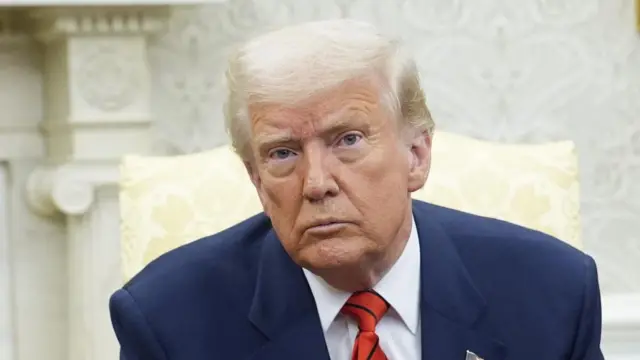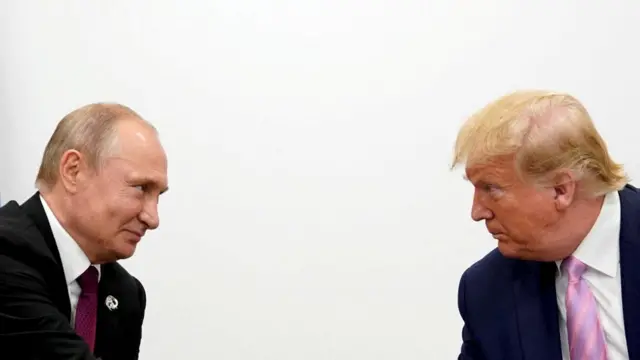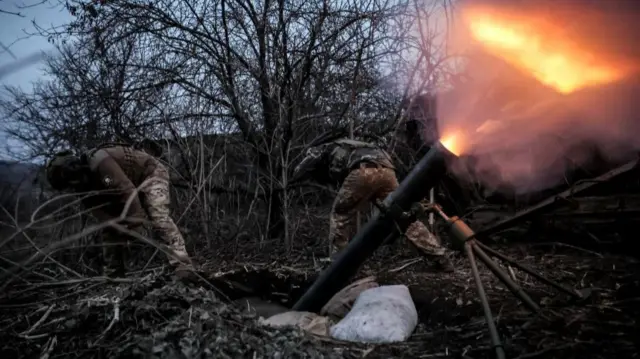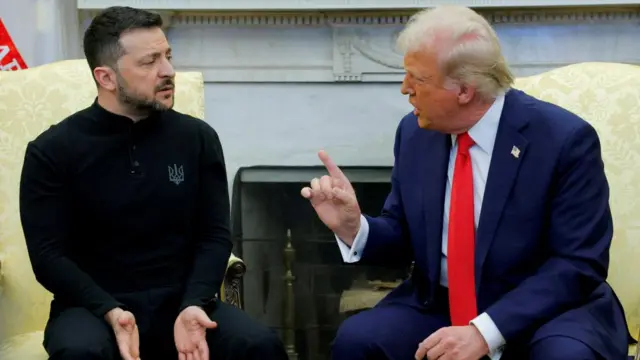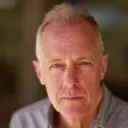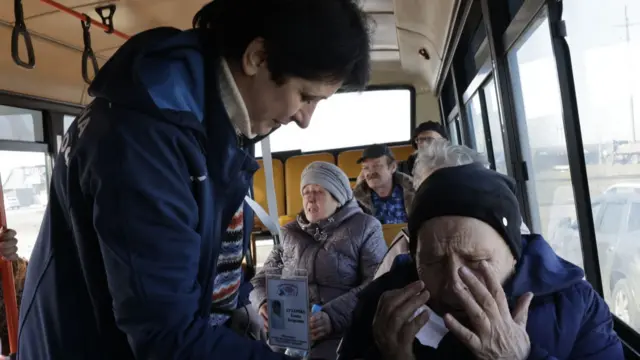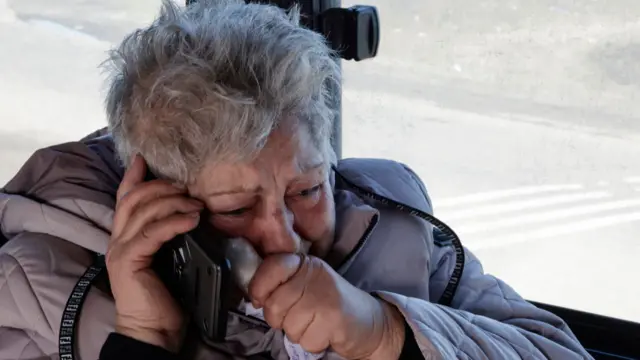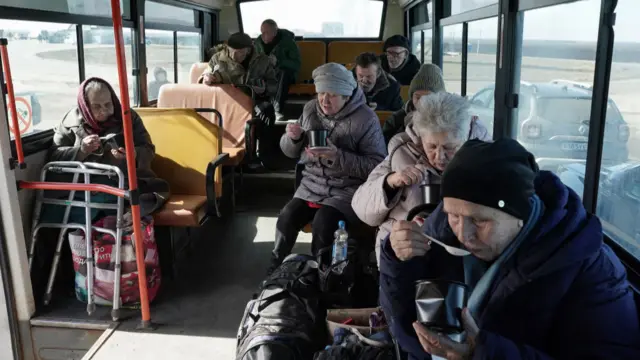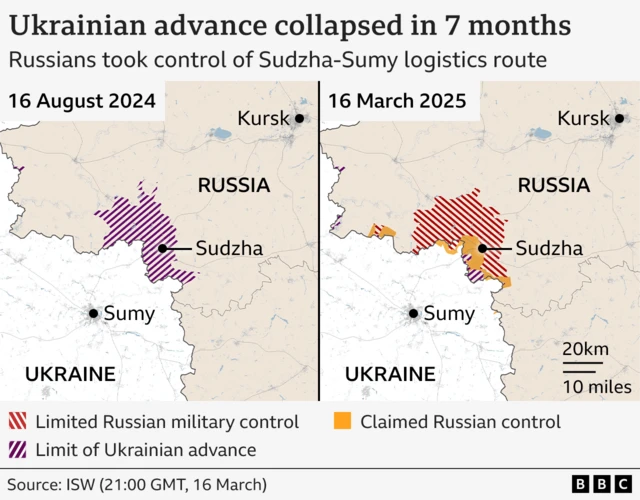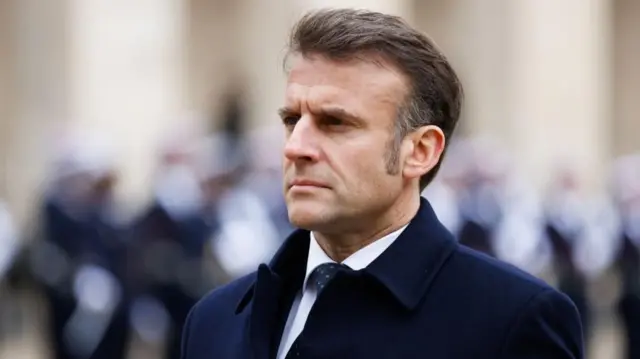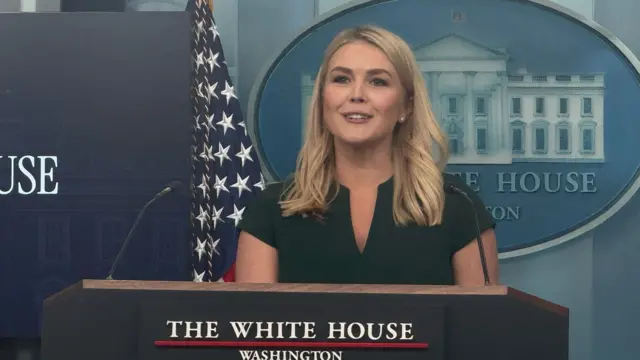Putin envoy says Russia wants to work with US on rare earths - reportpublished at 12:34 GMT 18 March
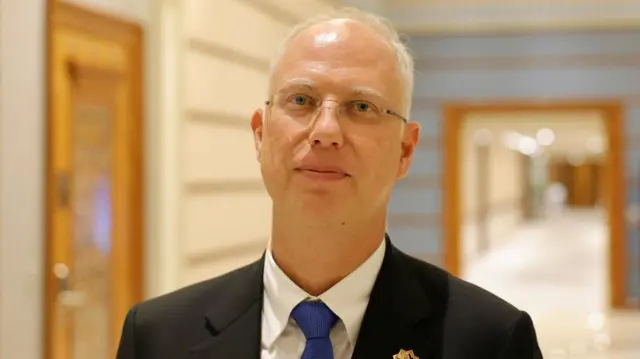 Image source, Reuters
Image source, ReutersMoscow is considering a potential deal with the US to mine rare earths in Russia, according to Putin's special envoy on international economic and investment cooperation, Kirill Dmitriev.
In comments reported by the Reuters news agency, Dmitriev, who is also head of Russia's sovereign wealth fund, says that Russia's deposits of rare earths exceeded that of Ukraine's, and that Moscow "would like to involve American companies".
He adds that many forces were trying to derail Donald Trump's efforts to restore dialogue with Russia, without providing details.
Dmitriev also flagged intentions to work with the US on space exploration, saying he expected to hold talks with Elon Musk about flying to Mars.
